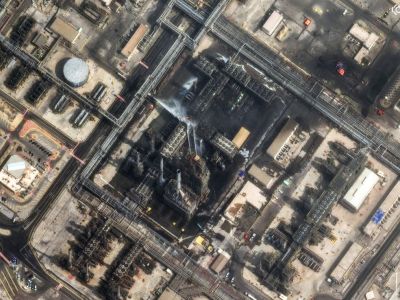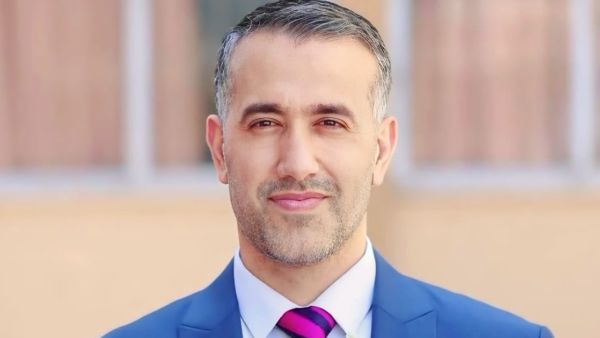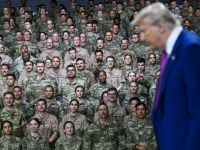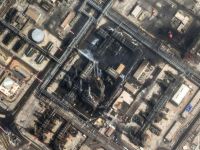ALBAWABA - An Israeli airstrike on the city of Deir al-Balah in the central Gaza Strip has killed Palestinian journalist Muhammad Salama and his entire family, raising the number of journalists killed in Gaza by Israel since October 7 to 133.
According to the Gaza Media Office statement, Salama worked as a television presenter and journalist for the Palestinian Al Aqsa channel, was killed along with his entire family when Israeli warplanes targeted his home in the city of Deir al-Balah in the central Gaza Strip.
A number of journalists took to social media to mourn the killing of Salama and his family, expressing grieve towards the ongoing brutal Israeli aggression, which has entered its sixth month.
A user under the handle @Yasser_Gaza wrote: "I have known Muhammad since I was a child listening to Al-Aqsa Radio programs in the evening when there was a power outage. His distinctive voice used to attract me to enjoy the bulletins and programs he presented until I visited Al-Aqsa Radio one day just to say hello to him".
Al-Aqsa Flood operation against Israel
Hamas military group announced on Oct. 7 a military operation called "Al-Aqsa Flood" against Israel which is the biggest offensive in decades.
Palestinian fighters “infiltrated” Israel from the Gaza Strip and captured military bases and took hostages as photos and videos went viral online showing Hamas fighters on vehicles inside Israel and others paragliding into occupation territory.
In response, Israeli armed forces announced targeting Hamas positions inside the Gaza Strip. Thousands were killed, and dozens of thousands of others were injured in the Israeli attacks on the Gaza Strip.
The latest statistics by the Ministry of Health in Gaza revealed that the death toll from Israeli brutal pounding on the Gaza Strip since October 7 has soared to 30,631 people, with more than 72,043 injuries.
Since then, approximately 85% of Gazans have been displaced, all of whom are suffering from severe food insecurity, and the healthcare system has collapsed. Hundreds of thousands of people lack shelter, and aid trucks are entering the area at a lower rate than before the conflict began.









